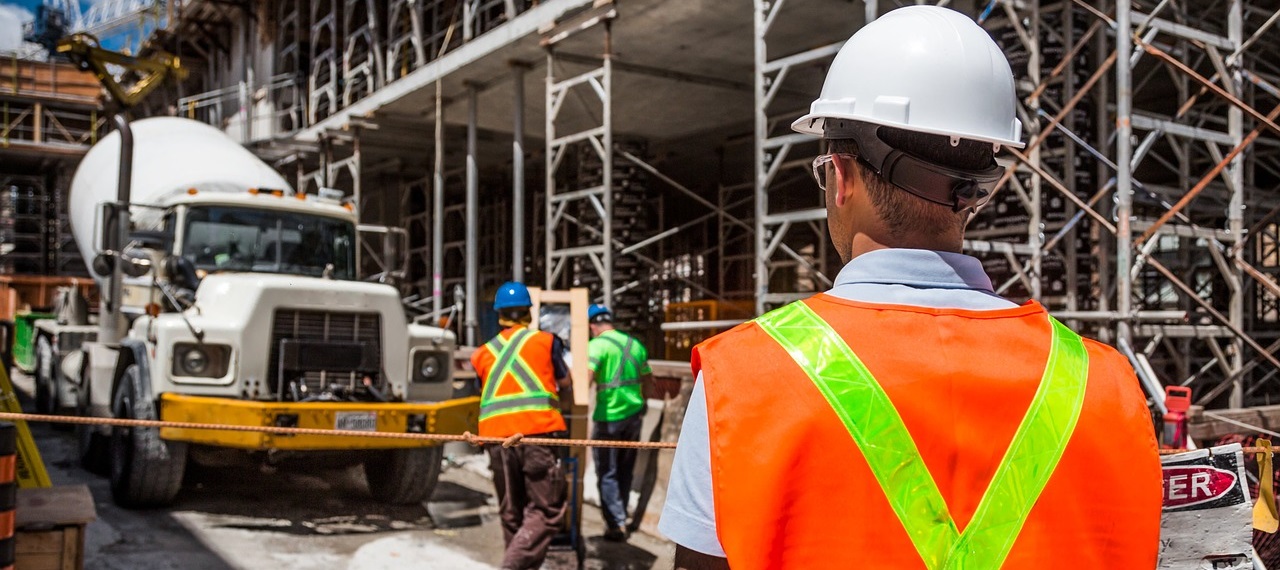
No industry involves a greater variety of surety bonds than the construction industry. Surety bonds are required in order to bid or work on virtually all public works projects and many private construction projects, including both new construction and remodeling.
Learn more below, and request a quote from Surety Bond Professionals today. With over 75 years of experience and a specialization in construction bonding, our experts can help you get the bonds you need for your next projects.
Types Of Construction Bonds
The major types of surety bonds are contractor license bonds, bid bonds, performance or contract bonds, and payment bonds. These bonds provide protection for the project owner and for taxpayers or investors in private projects. Usually, a project requires a trio of bid, performance, and payment bonds.
Bid Bonds
Bid bonds guarantee that if chosen as the winning bidder, the contractor will accept the job. Bid bonds are required by federal law for all contractors bidding on projects valued at $100,000 or more. Many states have similar laws requiring bid bonds on large state-sponsored public works projects. If the winning bidder chooses not to accept the job, the project owner can submit a claim to cover any resulting costs related to soliciting and evaluating new bids and selecting a new contractor.
Performance Bonds
Performance bonds (sometimes called contract bonds) guarantee that the contractor will carry the project through to completion and abide by applicable laws and industry standards. Failure to do so can result in the project owner filing a claim to recover any financial loss from having to pay for the work to be redone or completed by another contractor.
Payment Bonds
Payment bonds guarantee that the contractor will pay its workers, subcontractors, and suppliers in accordance with the terms of the contract. The contractor’s failure to pay can result in a claim by any of these parties against the bond for the amount owed.
Contractor License Bonds
Contractor license bonds are the only type of construction bond that is not project-specific. All of the other bonds discussed here apply to a single project and provide protection only in conjunction with that project.
License bonds guarantee that the contractor will conduct business in a lawful and ethical manner that meets industry standards. Some states require all contractors to be licensed at the state level in order to operate legally within the state. In states that don’t, contractor licensing my still be required by certain municipalities.
How Do They Work?
When the surety company pays a claim, it is not relieving the contractor of any financial obligation. Every surety bond contract includes an indemnification clause that requires the contractor to subsequently reimburse the surety for any claims paid out. By advancing payment to the claimant, the surety ensures timely payment and gives the contractor the breathing room to come up with the necessary funds. The surety may even offer a payment arrangement that allows the contractor to repay the claim amount in installments.
How Much Do They Cost?
The contractor pays only a small percentage of the required bond amount. The project owner (or the licensing authority in the case of a contractor license bond) establishes what that required bond amount is.
The surety company establishes the premium rate for each applicant based on the applicant’s personal credit score and other factors, such as industry experience and personal and business financial statements. Applicants in good financial standing typically pay 1-3% of the required bond amount as the annual premium.
Get Bonded Today
Surety Bond Professionals is a leading provider of construction surety bonds nationwide. We can help you bid on larger contracts and win more jobs through your bond terms. Let us help you grow your business.



